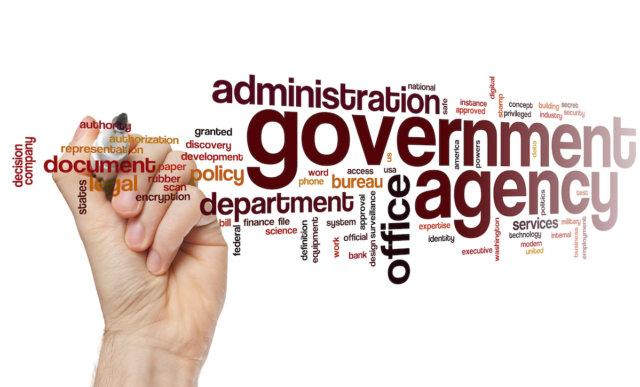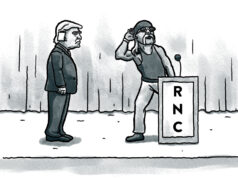
In late 2017, Congress passed and President Donald Trump signed into law the most sweeping tax reforms in a generation. And now, many Oklahomans are seeing the benefits of those reforms in our paychecks.
Countless posts on social media have recounted the surprise of many who discovered a little (or a lot) more on their monthly pay stub. When multiplied out over the course of a year, this could mean a whole lot more money in Oklahomans’ pockets.
As governments are prone to do, however, policymakers in Oklahoma City are keen on making sure you don’t get too comfortable with your own, hard-earned money by increasing the state’s share of your taxable income and pushing for several other sweeping tax increases. Additionally, lawmakers are pushing plans to expand the number of tax brackets from six to eight, making your state returns more confusing and potentially forcing you into a higher tax rate.
In short, Oklahomans are poised to sit on the sidelines or miss the game entirely as Americans everywhere else reap the benefits of tax reform. This should make us all pause for concern.
Quite simply, we can do better.
Just a month ago while a group of civic leaders was in its initial phase of crafting a plan to right Oklahoma’s fiscal ship, members of the group were actively discussing several reforms which would have significantly changed the way the state budgets and spends your tax dollars. Sadly, however, it seems that politics has pushed meaningful reforms aside in favor of the easy way out: take more from the taxpayer.
For example, Dr. Tom Coburn recently wrote about how merely verifying the eligibility of those receiving state Medicaid funds — that is, making sure our tax money is going to those who are supposed to get it — could net our state budget more than $80 million in savings. Just last year, Arkansas performed a similar audit, ordered by their governor, and found more than 80,000 ineligible Medicaid recipients who were receiving assistance.
Coburn also points to issues like tribal gaming revenue and the state’s tribal cigarette compacts. Currently, we are paying tribes millions of dollars each year in rebates to sell cigarettes.
These issues just contribute to the growing two-tiered economy which traps low-income Oklahomans in a vicious cycle of dependence rather than giving them the resources they need to prosper and live the American Dream.
Why would we not consider that as a major opportunity for budget reform? Medicaid changes were included in the original list of reforms from the Step Up Oklahoma group, but for some reason, they and other items were not included in the final plan. If you want to reform the budget, shouldn’t you seek and pursue ways to actually reform it?
Americans for Prosperity has long advocated for and sought meaningful reforms at the state Capitol, and we appear to be one of the only groups actively opposing this enormous tax package that lacks true reforms. From issues such as pension improvements to transparency in the state budget process, we continue to see great potential for meaningful reforms. In fact, we welcome more discussion and examination as to what fruit those reforms might bear. But until we have an honest conversation about what our state spends our money on, we shouldn’t try to fill a budget gap with permanent taxes that equal three or four times the gap.
If those who are genuinely interested in seeing our revenue “crisis” solved would simply shift their energy to addressing the root causes of the problem, we could truly fill the budget shortfall, bring fiscal responsibility to Oklahoma City and better serve Oklahomans of all walks.
Propping up bad policies with more of your hard-earned money will only reinforce the irresponsible behavior that got us here. Changes must be made to the status quo, or your good money will continue to be thrown after bad. We deserve a better government. And we can do better.
As Ronald Reagan so aptly put it, “The problem is not that people are taxed too little, the problem is that government spends too much.”





















